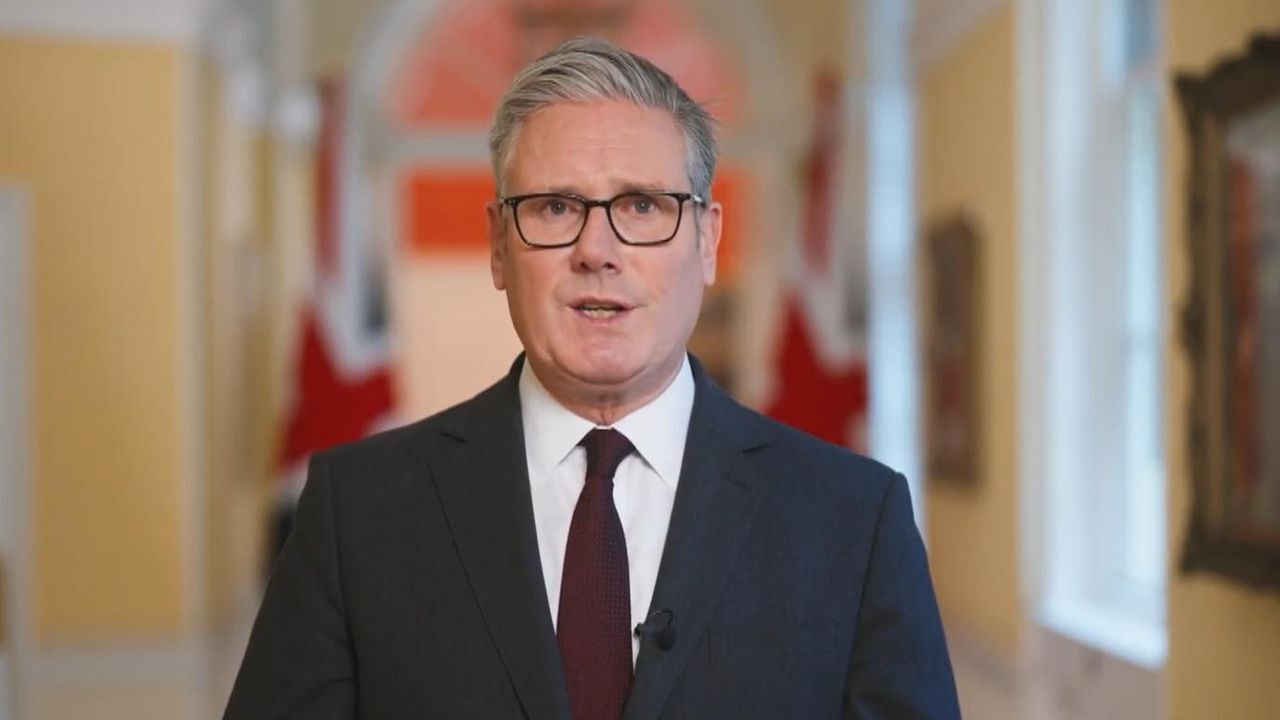
NGOCSTIP – Palestine just witnessed one of the most significant diplomatic turns in recent years. The United Kingdom, Canada and Australia have formally recognized the State of Palestine. This collective action signals a powerful message to the international community and raises the stakes in the ongoing Israeli-Palestinian conflict. The announcements came one after another, creating a domino effect across Western democracies. British Prime Minister Keir Starmer made the statement public through a video shared on social media. In the same video, he emphasized peace and reconciliation while reaffirming the UK’s support for bringing Israeli hostages home. With mounting pressure on world powers to support a two-state solution, these decisions mark a bold shift. The move also ignited criticism from Israel and sparked emotional reactions from hostage families still waiting for answers.
Canada shocked the world by becoming the first G7 nation to formally recognize the State of Palestine. Soon after, the UK and Australia followed suit, completing a historic diplomatic triad. Prime Minister Keir Starmer declared that the UK’s decision is rooted in its long-standing support for a peaceful resolution. He stated that this move keeps alive the possibility of peace while sending a strong message about the future of diplomacy in the Middle East. Australia joined the momentum and reiterated its commitment to peace and justice for both Israelis and Palestinians. While celebrations broke out in Ramallah and Gaza, Israel’s foreign ministry strongly condemned the recognition. According to them, these decisions reward jihadist behavior and undermine peace. Still, the message from London, Ottawa and Canberra remains clear. Palestine deserves its place on the global stage.
Israel responded swiftly and strongly to the announcements. The foreign ministry accused the UK, Canada and Australia of undermining peace efforts and legitimizing extremist factions. They warned that such recognition only empowers groups like Hamas and risks destabilizing the region further. Within Israel, the news caused uproar among both politicians and civilians. Several leaders expressed outrage while families of hostages held in Gaza voiced fears that their loved ones might be forgotten. In a public letter to Prime Minister Starmer, some families called the recognition deeply concerning. They argued it complicates the already fragile efforts to bring back their relatives alive. Despite this, Starmer and Deputy PM David Lammy defended the stance, highlighting the urgent need to support a two-state solution. Across social media, opinions remain split as hashtags both for and against the decision trend simultaneously.
“Read more: Brain-Eating Amoeba Kills 19 in India—Is Indonesia Next?”
The recognition of Palestine by three major democratic nations was not a spontaneous gesture. Political analysts see it as a carefully calculated move designed to break the current deadlock in negotiations. The decision aligns with growing international frustration over the lack of progress in Middle East peace talks. Leaders from all three countries referenced the humanitarian crisis in Gaza and the need for a new direction. Deputy PM David Lammy emphasized that now is the time to stand up for a two-state solution. Critics believe the decision could strain relations with Israel while supporters argue it is long overdue. The momentum around Palestinian recognition has been building globally, and this coordinated effort marks a turning point. Lawmakers, diplomats and human rights groups all played a part in pushing the issue back into international headlines.
While the recognition of Palestine by the UK, Canada and Australia is largely symbolic, it carries enormous weight diplomatically. The decisions send a powerful signal to both Israel and the rest of the world. Supporters hope it revitalizes efforts toward a peaceful resolution and strengthens Palestine’s claim on the world stage. For Palestinians, this is more than a political gesture—it is validation of their decades-long struggle for self-determination. The announcement may also encourage other countries to follow suit, increasing pressure on both sides to return to the negotiating table. Still, peace remains elusive without concrete steps from both Israel and Palestinian authorities. Many wonder whether recognition alone will lead to any meaningful changes on the ground. For now, the world watches closely as diplomacy attempts to catch up with decades of conflict and broken promises.
This article is sourced from www.bbc.com and for more details you can read at ngocstip.org
Writer: Sarah Azhari
Editor: Anisa